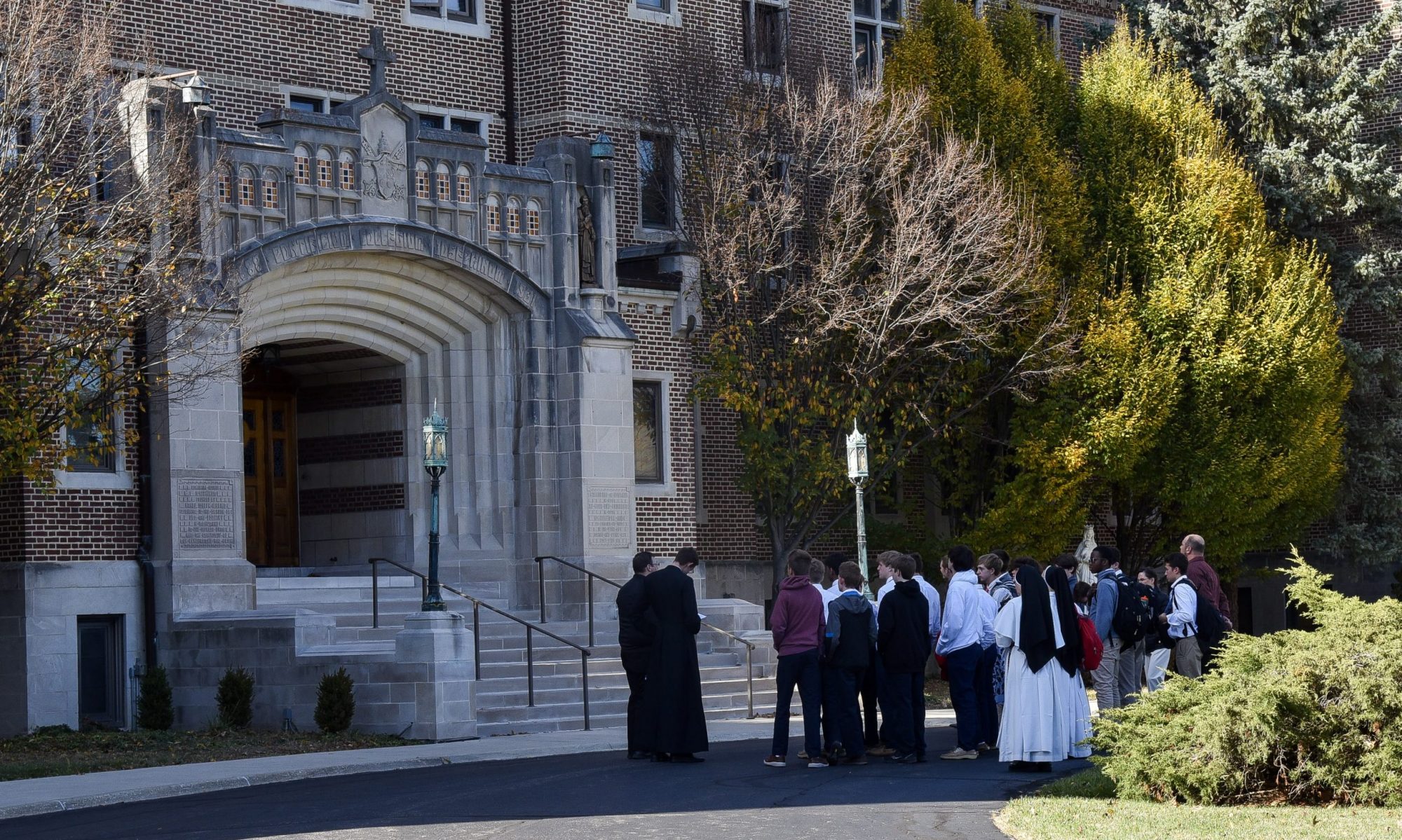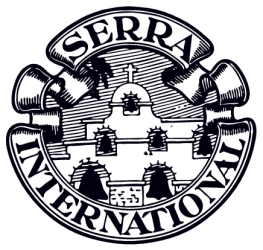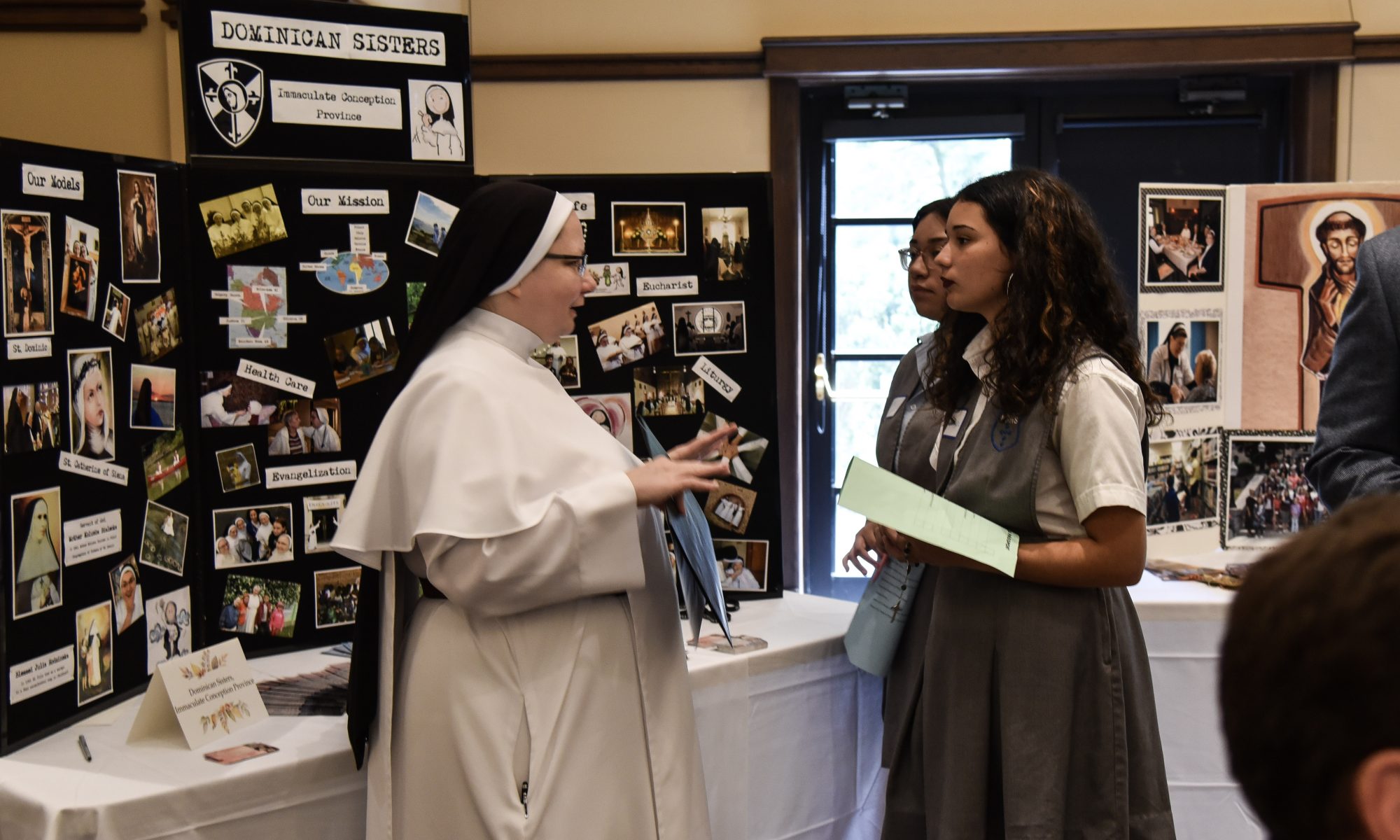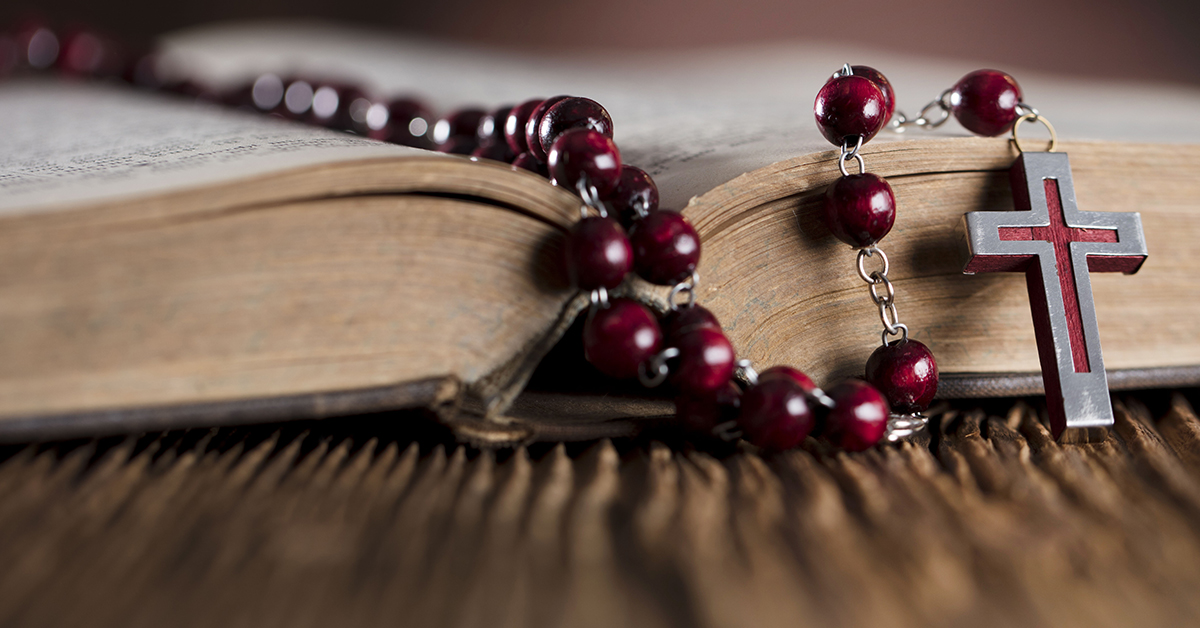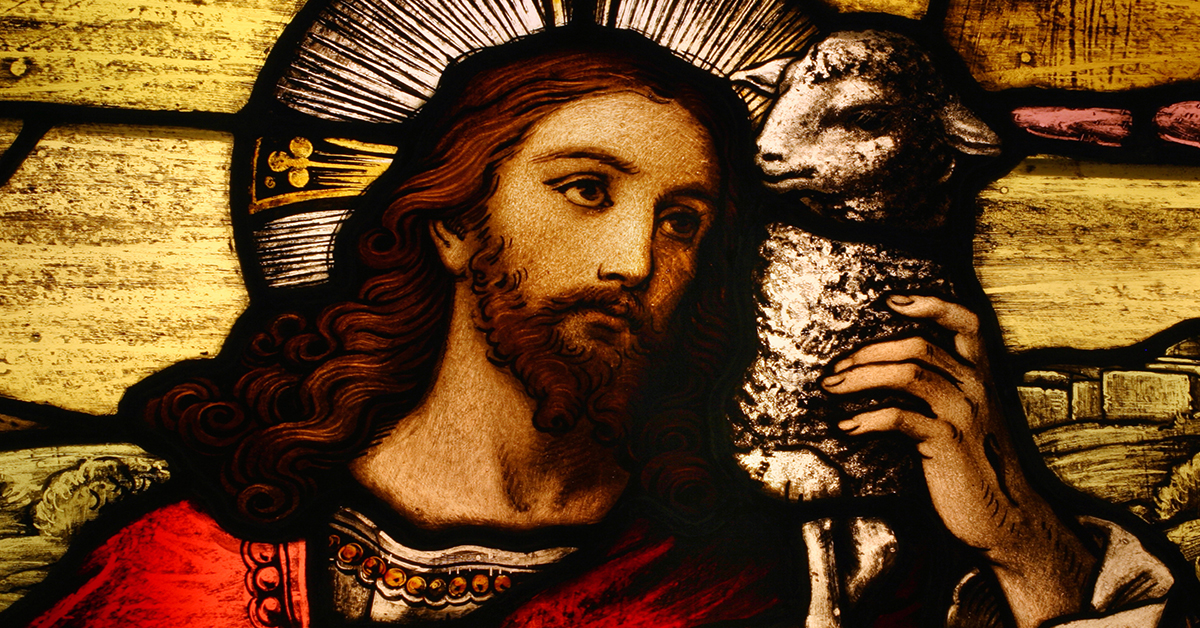Serra Club of North Columbus was proud to sponsor the annual young men’s vocation luncheon on Tuesday, Nov the 9th at The Pontifical College Josephinum. Bishop Earl blessed us with his time and true inspiration as he spoke to over 150 young men from Our Catholic Schools & home-schoolers within our diocese. All eyes and attention were on our Most Reverend and Humble Bishop as he shared his story of discerning the call to the priesthood. We have no doubt that his message resonated with many young men and stirred up their openness to hearing where the Lord may be leading them. The Bishop was transparent in stating that there are too many weak men. We need boots on the ground, those boots being men willing to sacrifice, willing to lead, willing to say YES to God’s calling. His message was delivered with a mix of a coach’s pep talk in the locker room and a theology teacher. St. Gabriel Radio will be airing his talk soon- stay tuned! Several seminarians led tours of the Josephinum and answered many questions from these young men. Please join us in prayer for all young men to be open to God’s true calling in their lives.
Annual Vocations Luncheon for Young Women was a Huge Success!
Old Testament Prophets
Father Jeffrey Rimelspach, Serra Club of North Columbus, Meeting Presentation Transcript, Tuesday, January 7, 2020
Many Catholics do not hear much about Old Testament prophets, except at Mass. This presentation begins with an overview of the prophets. It will then go into more detail about a few examples of Old Testament Prophets. Father Rimelspach indicated that his presentation would be informal, he would not use audio/visual aids, and he encouraged the meeting participants to ask questions.
Overview of the Bible
The Bible is divided into the Old Testament and the New Testament. The Old Testament consists of 46 books and is 1,073 pages in Fr. Rimelspach’s Bible. The New Testament consists of 27 books and is 422 pages in Fr. Rimelspach’s Bible. During Jesus’ time, Holy Scripture consisted of what is now part of the Old Testament. It started with the story of creation, Adam and Eve, the Fall, Noah and the Flood, and the call of Abraham, which took place at about 2,000 B.C. The period of the Patriarchs focuses on Abraham, Isaac, and Jacob and on Jacob’s favored son, Joseph. This leads to the Twelve Tribes, Moses, the desert wanderings, judges, and the Royal Kingdom.
King David lived around 1,000 B.C. The Old Testament prophets occurred after King David. The last prophet was John the Baptist, who serves as a bridge between the Old Testament and the New Testament. The role of the prophets was to redirect people back to God. There is much “sauciness” in the Old Testament, and the genealogy of Jesus includes some disreputable characters. Therefore, prophets were told by God to proclaim His message at particular times and/or to particular groups of people.
Overview of the Old Testament Prophets
There are three types of prophets: speaking, silent, and writing. The major and minor prophets of the Bible are “writing prophets.” The major prophets include Isaiah, Jeremiah, Ezekiel, and Daniel. The minor prophets include Hosea, Joel, Amos, Obadiah, Jonah, Micah, Nahum, Habakkuk, Zephaniah, Haggai, Zechariah, and Malachi.
The length of the writings of the prophets varies considerably. Isaiah is one of the longest books of the Bible, with 66 chapters. With only 21 verses, the Book of Obadiah is the shortest of the prophetic books. Jude, John, and Philemon are considered New Testament prophets. Their books are also short.
The first reading at Mass is from the Old Testament (except during the Easter season when the first reading is from the Acts of the Apostles). This is when those who attend Mass will hear about the Old Testament prophets. In the three-year cycle, attendees will hear about most of the prophets.
Although the prophets differed from one another, they shared some characteristics. There were human beings, with all the qualities associated with being human. They were inspired by God to deliver His message. They were in some way charismatic. Some, such as Jeremiah, conducted symbolic actions, in addition to their writings. They challenged society and its practices. Amos, for example, was austere and serious in his message, telling the people of God to shape up. They were public people. They did not give messages to individuals.
Individual Old Testament Prophets
Amos was the first of the writing prophets. He lived around 760 B.C. Prophets often did not want to be prophets. The following excerpts from the Bible show how some of the prophets were called to be prophets and their responses.
- Jeremiah 1:4-6
The word of the Lord came to me thus: Before I formed you in the womb I knew you, before you were born I dedicated you, a prophet to the nation I appointed you. “Ah, Lord God!” I said, “I know not how to speak; I am too young.”
- Amos 7:10-14
To Amos, Amaziah said: “Off with you, visionary, flee to the land of Judah! There earn your bread by prophesying, but never again prophesy in Bethel; for it is the king’s sanctuary and a royal temple.” Amos answered Amaziah, “I was no prophet, nor have I belonged to a company of prophets; I was a shepherd and a dresser of sycamores.”
- Isaiah 6:5-9
Then I said, “Woe is me, I am doomed! For I am a man of unclean lips, living among a people of unclean lips; yet my eyes have seen the King, the Lord of hosts!” Then one of the seraphim flew to me, holding an ember which he had taken with tongs from the altar. He touched my mouth with it. “See,” he said, “now that this has touched your lips, your wickedness is removed, your sin purged.” Then I heard the voice of the Lord saying, “Whom shall I send? Who will go for us?” “Here I am;” I said; “send me!”
Some prophets had a change of heart or decided they did not want to prophesy for God. Jonah was a good example of this. The Book of Jonah is only four chapters. Jonah did not want to go to Nineveh to preach about their wickedness. He tried to journey to Tarshish, but the Lord decided Jonah needed an “attitude adjustment.” Jonah was a somewhat complex character. He thought the people of Nineveh would not repent, and he wanted to see God take revenge on them. However, after Jonah’s first of three days walking through Nineveh, notifying its inhabitants that Nineveh would be destroyed in 40 days, the people proclaimed a fast and put on sackcloth (including the king). Jonah was upset that God did not carry out the destruction of Nineveh. This is described in Jonah 4:1-3:
But this was greatly displeasing to Jonah, and he became angry. “I beseech you, Lord,” he prayed, “is not this what I said while I was still in my own country? This is why I fled at first to Tarshish. I knew that you are a gracious and merciful God, slow to anger, rich in clemency, loathe to punish. And now, Lord, please take my life from me; for it is better for me to die than to live.
The story of Jonah continues with Jonah building himself a hut and waiting in the shade to see what God would do. God provided a gourd plant to give Jonah shade, but the next morning God sent a worm that caused the plant to wither. God asked Jonah, “Have you reason to be angry over the plant?” God points out to Jonah that Jonah is concerned over a gourd plant that Jonah did not labor over, while God was concerned over the great city of Nineveh with more than 120,000 people.
Old Testament Prophets and the Coming of the Messiah
Some prophets announced the coming of the Messiah, the Savior. This is particularly seen in the Book of Isaiah. These readings are read during Advent and were written 600 years before Christ was born. Isaiah, Chapter 11, speaks of the rule of Immanuel. These readings are the source of the traditional names of the seven gifts of the Holy Spirit.
- Ahaz, King of Judah (735-715 B.C.), Isaiah 7:10-14
Again the Lord spoke to Ahaz: Ask for a sign from the Lord, your God; let it be deep as the nether world, or high as the sky! But Ahaz answered, “I will not ask! I will not tempt the Lord!” Then he said: Listen O house of David! Is it not enough for you to weary men, must you also weary my God!? Therefore the Lord himself will give you this sign: the virgin shall be with child, and bear a son, and shall name him Immanuel.
- Isaiah, Chapter 11
But a shoot shall sprout from the stump of Jesse, and from his roots a bud shall blossom. The spirit of the Lord shall rest upon him: a spirit of wisdom and of understanding, a spirit of counsel and of strength, a spirit of knowledge and of fear of the Lord, and his delight shall be the fear of the Lord.
These gifts are discussed in preparation for the sacrament of Confirmation. “Fear of the Lord” is also referred to as “reverence for God” and “wonder and awe in God’s presence.”
Dealing with Problems in Society
The prophets also dealt with problems in society. These problems included idolatry, dishonesty, and call to conversion. God’s Chosen People were interspersed with people of pagan religions that were polytheistic. Therefore, there were many other gods that were worshipped. The prophets announced the need for merchants to be fair, for people to be paid justly, and for people to be paid on the same day as they worked. They addressed these and other issues concerned with fairness and honesty. The prophets insisted that God’s Chosen People must decide to follow God forever.
This call to conversion is seen in Jeremiah 31:27-33:
The days are coming, says the Lord, when I will make a new covenant with the house of Israel and the house of Judah. It will not be like the covenant I made with their fathers the day I took them by the hand to lead them forth from the land of Egypt; for they broke my covenant and I had to show myself their master, says the Lord. But this is the covenant which I will make with the house of Israel after those days, says the Lord. I will place my law within them, and write it upon their hearts I will be their God, and they shall be my people.
Use of Symbolism by the Prophets
The prophets also used symbolism, not just what they wrote or said, to get their points across. In particular, the prophet Hosea was married to the prostitute Gomer. Gomer symbolized the faithless Israel. Yahweh remained faithful to Israel just as Hosea would not give up his wife, even when she was an adulteress. Israel’s infidelity was in the form of idolatry and oppression of the poor. Gomer represented what God’s people were like. Hosea described the relation between Yahweh and Israel in terms of marriage. The Book of Hosea consists of 14 chapters.
The Old Testament Prophets and Christ
The prophets talked about what Christ would be like. Jesus fulfilled the Old Testament prophecies. He is the Messiah spoken of in the Old Testament. The Book of Isaiah and the Book of Ezekiel both have references to Christ.
- Isaiah’s Suffering Servant Prophecies, Isaiah 53:1-10
Who would believe what we have heard? To whom has the arm of the Lord been revealed? He grew up like a sapling before him, like a shoot from the parched earth; there was in him no stately bearing to make us look at him, nor appearance that would attract us to him. He was spurned and avoided by men, a man of suffering, accustomed to infirmity, one of those from whom men hid their faces, spurned, and we held him in no esteem. Yet is was our infirmities that he bore, our sufferings that he endured, while we thought of him as stricken, as one smitten by God and afflicted. But he was pierced for our offenses, crushed for our sins, upon him was the chastisement that makes us whole, by his stripes we were healed. We had all gone astray like sheep, each following his own way; but the Lord laid upon him the guilt of us all. Though he was harshly treated, he submitted and opened not his mouth; like a lamb led to the slaughter or a sheep before the shearers, he was silent and opened not his mouth. Oppressed and condemned, he was taken away, and who would have thought any more of his destiny? When he was cut off from the land of the living, and smitten for the sin of his people, a grave was assigned him among the wicked and a burial place with evildoers, though he had done no wrong nor spoken any falsehood.
- Ezekiel’s Vision of the Dry Bones, Ezekiel 37:1-14
The hand of the Lord came upon me, and he led me out in the spirit of the Lord and set me in the center of the plain, which was now filled with bones. He made me walk among them in every direction so that I saw how many they were on the surface of the plain. How dry they were! He asked me: Son of man, can these bones come to life? “Lord God,” I answered, you alone know that.” Then he said to me: Prophesy over these bones, and say to them: Dry bones, hear the word of the Lord! Thus says the Lord God to these bones: See! I will bring spirit into you, that you may come to life. I will put sinews upon you, make flesh grow over you, cover you with skin, and put spirit in you so that you may come to life and know that I am the Lord. I prophesied as I had been told, and even as I was prophesying I heard a noise; it was a rattling as the bones came together, bone joining bone. I saw the sinews and the flesh come upon the, and the skin cover them, but there was no spirit in them. Then he said to me: Prophesy to the spirit, prophesy, son of man, and say to the spirit: Thus says the Lord God: From the four winds come, O Spirit, and breathe into these slain that they may come to life. I prophesied as he told me, and the spirit came into them; they came alive and stood upright, a vast army. Then he said to me: Son of man, these bones are the whole house of Israel. They have been saying, “Our bones are dried up, our hope is lost, and we are cut off.” Therefore, prophesy and say to them: Thus says the Lord God: O my people, I will open your graves and have you rise from them, and bring you back to the land of Israel. Then you shall know that I am the Lord, when I open your graves and have you rise from them, O my people! I will put my spirit in you that you may live, and I will settle you upon your land; thus you shall know that I am the Lord. I have promised, and I will do it, says the Lord.
Ezekiel’s vision of a vast number of people resurrected to live again calls to mind Christ’s resurrection.
Are There Prophets Today?
Four recent popes can be considered to be prophets, each with different emphases on Church Doctrine. Pope Paul VI was prophetic in Humanae Vitae, in which he predicted in 1968 that use of contraception would lead to increase in divorce and destruction of marriages. Pope John Paul II used his gifts as an evangelizer and traveler. Pope Benedict XVI was an intellectual and wrote about Church beliefs and doctrine. Pope Francis represents active ministry to the poor.
Summary
In summary, the prophets spoke in many ways. Some used symbolism or conducted symbolic actions. Some did not want to be prophets, had a change of heart, or needed to be persuaded. The prophets were real people who dealt with the problems of their societies. God used his prophets to deliver His message, challenge His people, and redirect His people back to Him.
Vocation Journey, Father Ed Shikina
Serra Club of North Columbus, Vocation Luncheon for Boys, Meeting Presentation Transcript, Tuesday, November 5, 2019
Fr. Ed Shikina provided the following presentation at the annual Vocation Luncheon for Boys, sponsored by the Serra Club of North Columbus. The luncheon was supported by a grant from the Catholic Foundation.
Fr. Shikina was introduced as parochial vicar for St. Brendan the Navigator, generating applause and cheering from the students representing St. Brendan’s. Fr. Shikina recognized Fr. Paul Noble, Director of Vocations for the diocese of Columbus. Fr. Noble indicated he was available to discuss vocations with the boys. Fr. Noble’s business cards, with his contact information, were available at each of the tables. In addition, he indicated that more information can be found at www.seekholiness.com. Fr. Shikina indicated that Fr. Noble helped him to grow during his years in the seminary.
Fr. Shikina began with a prayer that God would provide guidance and inspiration to the young men so that they would be open to the call to the priesthood and respond with courage and peace in their hearts. Fr. Shikina emphasized that the National Vocation Awareness Week (November 3-9) is not supposed to make young people nervous about being pressured to enter the priesthood or religious life. The purpose is to provide inspiration and encouragement.
Summary of Fr. Shikina’s Vocation Journey
Fr. Shikina provided a summary of his vocation journey. He felt that he had a later vocation, entering the seminary when he was older and taking eight years for priestly formation. He was nervous early on and took a while to begin to think seriously about the priesthood.
Story of Father Fabian from Kenya
Fr. Shikina told a story about Fr. Fabian from Kenya, who was at St. Brendan’s for a while. Fr. Fabian at first did not identify with the white priests who were missionaries in his country. It was only after seeing one of the white priests urinate on the side of the road that Fr. Fabian realized that these priests were human—“regular people.” Fr. Fabian realized he had things in common with the priests and started thinking about becoming a priest
Fr. Shikina’s Background
Fr. Shikina shared that his own parents were from Japan and came to the United States. He has two older sisters and a younger brother, who were all brought up in the U.S. They all attended Mass every week; however, they did not talk about their faith at home, and he had a limited prayer life.
Student Life at The Ohio State University
After Fr. Shikina graduated from high school, he enrolled at The Ohio State University. He realized he no longer felt compelled to go to Mass. He became involved in the OSU marching band (trumpet), a fraternity, and several bad habits, including drinking and skipping classes. He ended up flunking out of OSU.
Life in the Work Force
After dropping out of college, he started working full-time in a retail store (small paper distribution company), eventually being promoted to the manager of the store at age 22.
By age 24, he wondered what he was doing with his life. He felt that his job was a dead-end job, and he wanted more from life. He went to Mass for the first time in years and had a conversion experience. He felt God’s love. He wanted God to tell him what to do. He started going to Mass every week and praying to God.
Initial Consideration of the Priesthood
Within two months, he received a brochure in the mail from Our Lady of Miraculous Medal that asked, “Have you ever considered becoming a priest?” He moved back home for one year and told his parents he was thinking about becoming a priest. It still took some time before he was sure. He did, however, become more involved in his parish.
In the meantime, he had a number of jobs—lumber sales, forklift driver, and IT helpdesk technician.
He continued to study his faith. He also felt inspired by his parents. In 2008, they retired and joined the Peace Corps. The served the poor in Ukraine for two years. He felt that he was only living for himself at the time, rather than serving others.
Pontifical College Josephinum
After ten years of working and thinking about the priesthood, Fr. Shikina finally felt ready to become a priest. He contacted Fr. Noble. He enrolled at the Pontifical College Josephinum in 2010 at age 34. He wanted to serve God by helping others know him.
He entered as a freshman and took four years to earn his bachelor’s degree in philosophy (2010-14).
Pope St. John XXIII National Seminary
He then entered Pope St. John XXIII National Seminary for theology in Boston (recommended for “older” men) and continued to learn about the four pillars of formation—human, pastoral, spiritual, and intellectual.
He became a priest in 2018. He is currently parochial vicar at St. Brendan the Navigator parish.
Priests and Superheroes
Fr. Shikina asked the participants “Who likes sports?” That generated some enthusiasm. He explained that people are inspired by the heroic actions of sports heroes to work harder at sports.
He provided examples of superheroes who started as ordinary people, such as Batman and Captain America. The thing they had in common was that they fought for good and against evil.
Fr. Shikina took some time to go into the conversation between Frodo and Sam at the end of the second Lord of the Rings movie, The Two Towers. The point of the conversation was that, in spite of the darkness in this world, people continue to fight because the good in this world is worth fighting for.
He compared superheroes to priests. They are both trying to be and do something remarkable.
Video: Fishers of Men
Fr. Shikina showed the movie, Fishers of Men (Grassroots Films), a film developed by the United States Conference of Catholic Bishops’ Secretariat for Vocations. The film is intended to renew priests’ sense of fulfillment in their vocation and to encourage them to draw on that satisfaction to invite other men to pursue the priesthood.
Fr. Shikina mentioned that the film inspired him in 2008 to think seriously about becoming a priest. The program materials are available in PDF format, and a set of discussion questions have also been developed for use with the film.
The takeaway message of the film, in a nutshell, is “Be Someone remarkable. Do something remarkable.”
Some additional inspirational quotes from the movie include:
- Lay down our lives so others may have life.
- It’s not natural to be a priest. It’s supernatural!
- A vocation to the priesthood is counter-cultural.
- Who will give the sacraments for the next generation?
- We grow in silence. Our inner ears must be open to hear God.
- The Catholic Church is an instrument for the change the world needs today.
- Come follow me. Do not be afraid.
- John Paul II is a model for priests.
- Priests are central to all the important moments in life: Baptism, consecration, marriage, and death.
- The priest brings the soul home to God.
- The priest is a father to people.
- You are the face of Christ.
- Like Christ, priests lay down their lives for others.
- The priesthood is for real men. You must be tough if you want to be a priest.
Summary
Fr. Shikina concluded that he welcomes questions from the boys and that they can find additional information by contacting him, Fr. Noble, or going to the website: www.seekholiness.com
